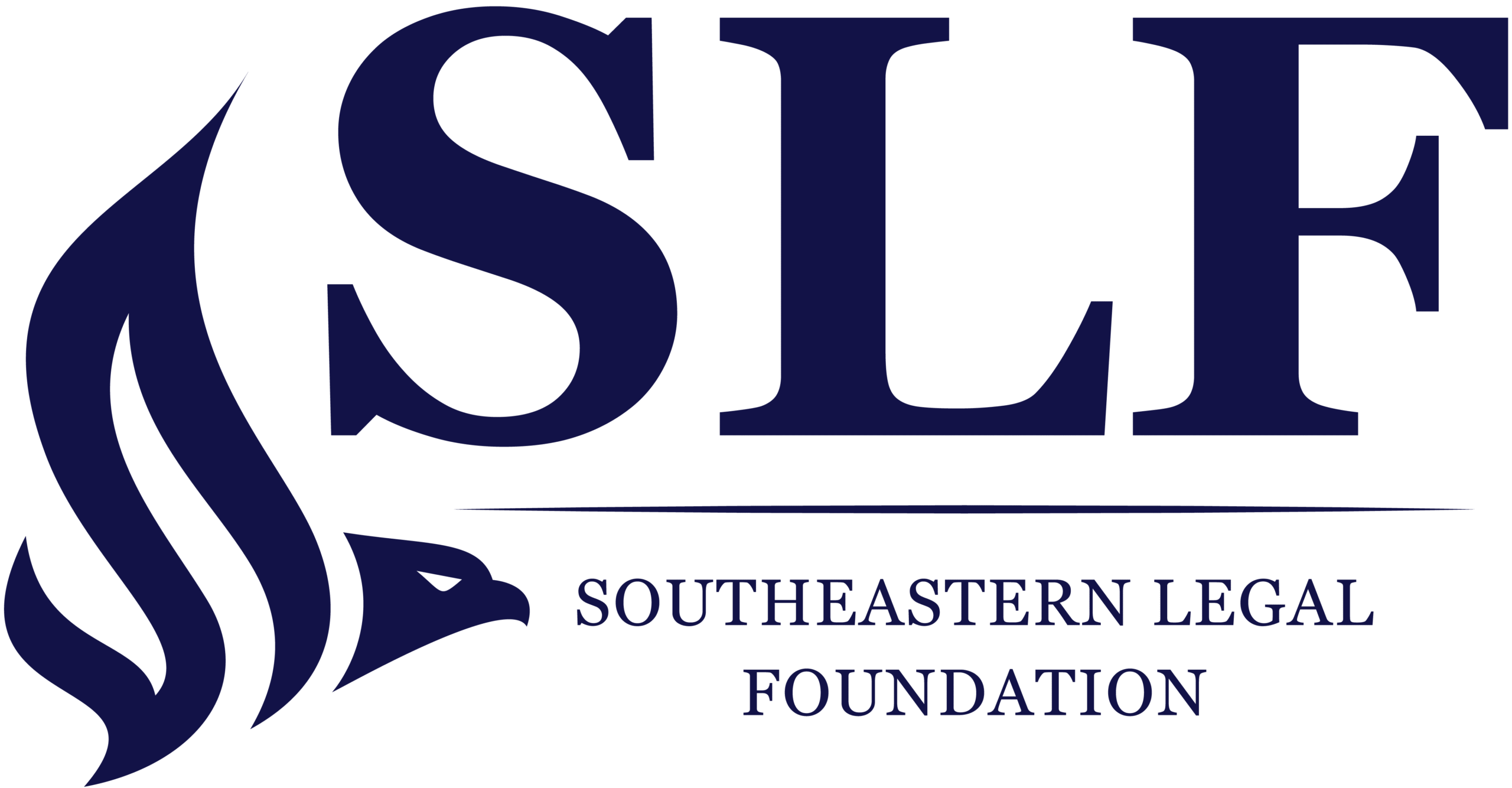Austin, Texas: Today, the U.S. District Court for the Eastern District of Texas entered a final judgment declaring the Center for Disease Control and Prevention’s eviction moratorium order unconstitutional. The decision is the first of what will ultimately be many decisions by the federal courts rolling back the executive and regulatory overreach of the administrative state.
The case filed by Southeastern Legal Foundation (SLF) and Texas Public Policy Foundation (TPPF) was brought on behalf of private property owners who needed to file eviction proceedings to get their property back because their tenants refused to pay rent and wouldn’t leave the property. But they couldn’t file those cases because the CDC issued a rule that not only prohibited property owners from evicting non-paying renters – it also imposed both civil and criminal penalties on anyone who tried.
“The court’s order today holding the CDC’s interference with private property rights under the veil of COVID-19 serves as notice to the Biden administration that the Constitution limits government power,” said SLF General Counsel Kimberly Hermann. “The federal courts will continue to be a primary bulwark against unconstitutional overreach by federal and state governments. As our record shows, we have fought and won cases just like this for decades, and the current administration has shown no restraint. We are preparing cases across the constitutional spectrum to defend against unrestrained government action.”
We argued that the federal government cannot interfere with private property rights or access to the courts to exercise their rights under state law and the court agreed. Seeing the eviction moratorium for what it was-an unconstitutional power grab- Judge J. Campbell Barker declared the CDC nationwide eviction moratorium unconstitutional.
The CDC invoked the federal government’s power over interstate commerce and pointed to COVID-19 as its reason for needing the eviction moratorium. But after SLF and TPPF filed the suit, the federal government admitted that COVID-19 had nothing to do with the eviction moratorium and that it had the authority to suspend residential evictions for any reason, including the CDC’s views on “fairness.”
In other words, it was the federal government’s position that it has unchecked authority to force a private property owner to provide free housing, and to put them in jail if they don’t comply.
The federal court’s decision sets critical precedent: eviction moratoriums imposed by the federal government are unconstitutional. This means that even Congress cannot come in behind this decision and legislate. It’s just flat unconstitutional.
It also makes clear, once again, that even during a pandemic, the Constitution persists. It is in times of crisis when our constitutional protections are most needed and, tragically, most vulnerable.
